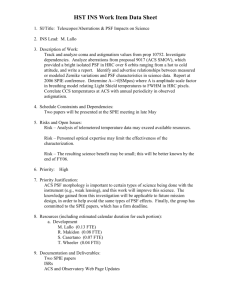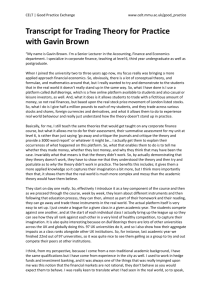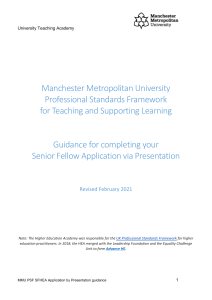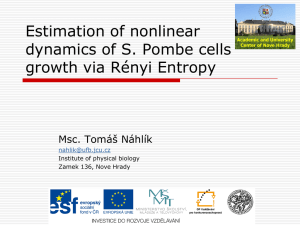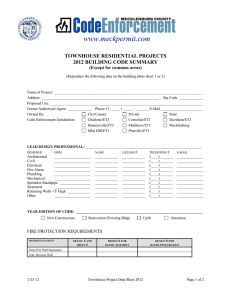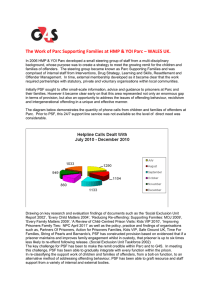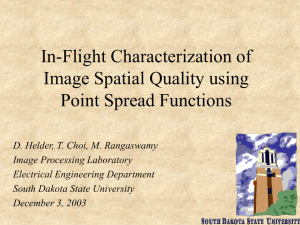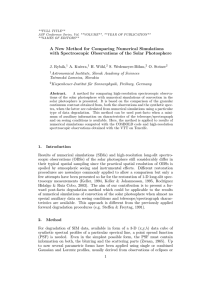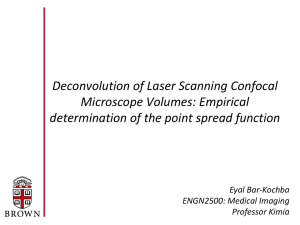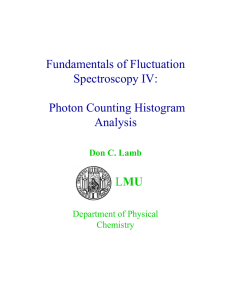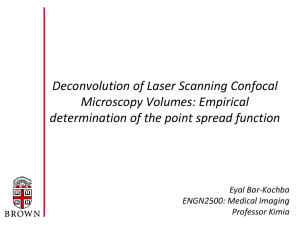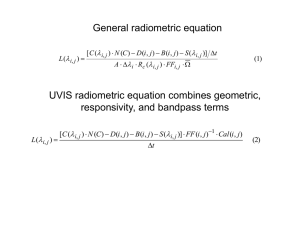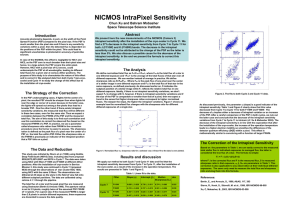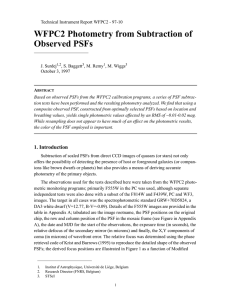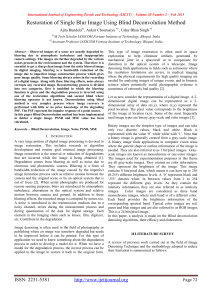This guidance document gives you some suggestions
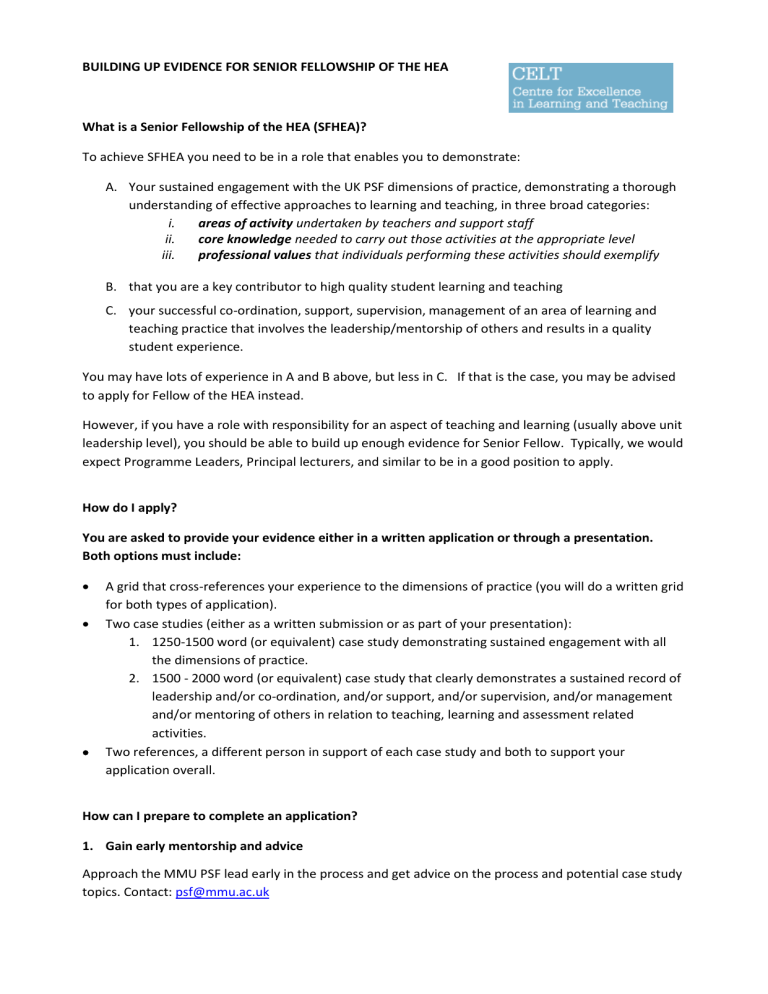
BUILDING UP EVIDENCE FOR SENIOR FELLOWSHIP OF THE HEA
What is a Senior Fellowship of the HEA (SFHEA)?
To achieve SFHEA you need to be in a role that enables you to demonstrate:
A.
Your sustained engagement with the UK PSF dimensions of practice, demonstrating a thorough understanding of effective approaches to learning and teaching, in three broad categories: i.
areas of activity undertaken by teachers and support staff ii.
core knowledge needed to carry out those activities at the appropriate level iii.
professional values that individuals performing these activities should exemplify
B.
that you are a key contributor to high quality student learning and teaching
C.
your successful co-ordination, support, supervision, management of an area of learning and teaching practice that involves the leadership/mentorship of others and results in a quality student experience.
You may have lots of experience in A and B above, but less in C. If that is the case, you may be advised to apply for Fellow of the HEA instead.
However, if you have a role with responsibility for an aspect of teaching and learning (usually above unit leadership level), you should be able to build up enough evidence for Senior Fellow. Typically, we would expect Programme Leaders, Principal lecturers, and similar to be in a good position to apply.
How do I apply?
You are asked to provide your evidence either in a written application or through a presentation.
Both options must include:
A grid that cross-references your experience to the dimensions of practice (you will do a written grid for both types of application).
Two case studies (either as a written submission or as part of your presentation):
1.
1250-1500 word (or equivalent) case study demonstrating sustained engagement with all the dimensions of practice.
2.
1500 - 2000 word (or equivalent) case study that clearly demonstrates a sustained record of leadership and/or co-ordination, and/or support, and/or supervision, and/or management and/or mentoring of others in relation to teaching, learning and assessment related activities.
Two references, a different person in support of each case study and both to support your application overall.
How can I prepare to complete an application?
1.
Gain early mentorship and advice
Approach the MMU PSF lead early in the process and get advice on the process and potential case study topics. Contact: psf@mmu.ac.uk
2.
Start early
The first job is to list all of the things you do in your role that relate to the Dimensions of Practice. You can find the grid to record for this at: http://www.celt.mmu.ac.uk/psf/writing_3.php
Next think about the focus for your two case studies: o Case Study 1 should either focus on your interaction with students, perhaps implementing something innovative e.g. introducing a flipped classroom model, evaluating new assessment practices using student involvement, etc.
Or o If you no longer teach regularly, focus on an innovation you have lead that has improved the student experience and can clearly demonstrate your engagement with the dimensions of practice e.g. introducing a new assessment and feedback process across a range of units. o Case Study 2 should focus on area of teaching and learning in which you can demonstrate leadership and mentoring of others, e.g. where have lead the team through or a change of practice that has needed you to coordinate a number of staff, or leading the re-validation of a new programme, or taking a team/department through large scale change such as EQAL or TPI.
If you do not already have a clear topic for your case studies, a suggestion is to consider collecting evidence as you are doing your day to day job as some things you do will automatically provide you with suitable evidence – this gives you a head start. Use timely opportunities that arise in your role to define the focus of your case studies.
Gathering evidence and data is probably the most time consuming part of the application, if you do not already have it to hand. Start keeping a reflective diary where you record key activities that have involved you leading a team such as introducing a new learning and teaching process, carrying out a major programme review, developing a new programme.
Start to collect the evidence you will need to support your application e.g. o Testimonials from colleagues within you team that verify your effective leadership and / or mentorship o Feedback from students about the positive impact of innovations you have lead on their experience o Programme data to support the impact of the innovations o Feedback from external stakeholders that support the positive impact of your leadership.
Buddy up with a colleague or group of colleagues who are in the same position, you can then support each other through the process. If you have a group that perhaps want to have a workshop or dedicated input, contact psf@mmu.ac.uk
and we can assist with this.
Draft your case studies and let your mentor look at the plan. Once this activity is completed and you have evidence of impact of the outcome you can write the application up quite quickly.
Resources:
The PSF webpage had lots of information to help you and examples of completed application to give you an idea of what a complete SFHEA application looks like. http://www.celt.mmu.ac.uk/psf/writing_3.php
CELT run regular writing retreats that you can book via MyHR.


